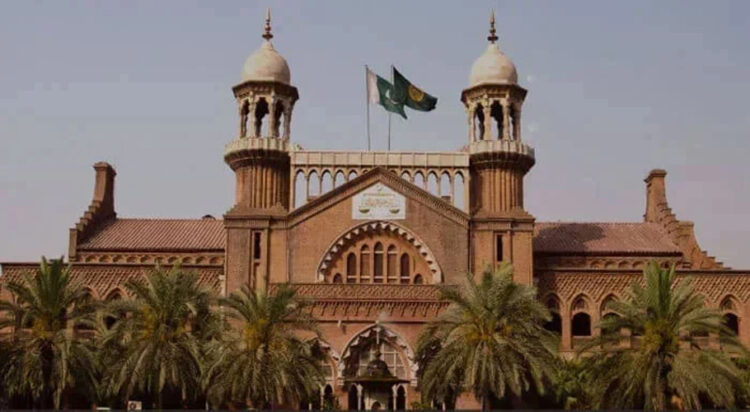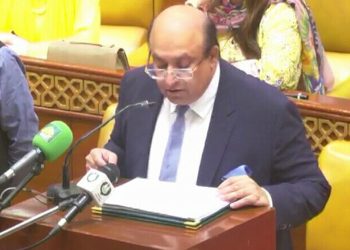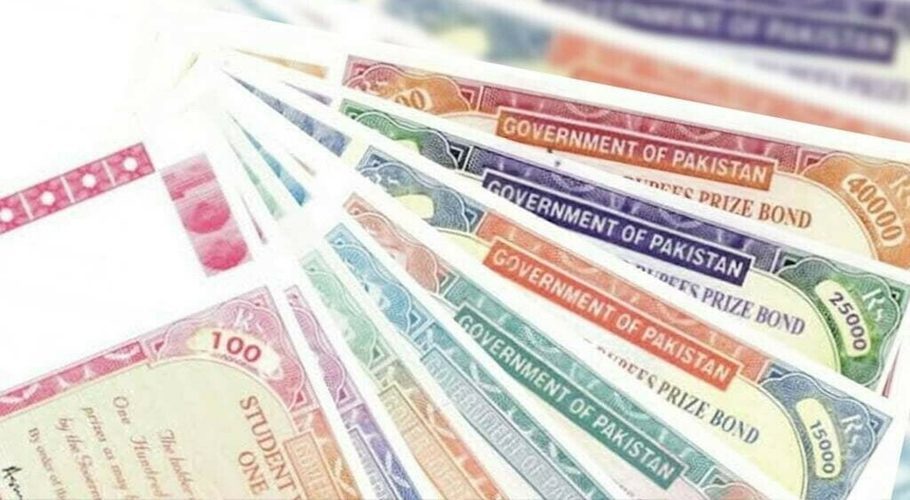The Lahore High Court (LHC) has ruled that a non-Muslim cannot inherit any portion of the estate of their Muslim relative, whether as a successor or predecessor.
Justice Chaudhry Muhammad Iqbal issued this decision while upholding the verdicts of two lower courts in a case involving the inheritance of an 83-kanal property in Gojra tehsil, Toba Tek Singh district.
The land belonged to a Muslim owner, who, upon his death, left the estate to his children—three sons and two daughters. However, the deceased’s Muslim grandson contested the inheritance mutation favoring one of his uncles, alleging that the uncle was an Ahmadi and, therefore, not entitled to inherit from his Muslim father’s estate.
The courts ruled in favor of the grandson, canceling the disputed mutations. During cross-examination, a family member also testified that the uncle was indeed an Ahmadi.
Justice Iqbal noted that it was an established fact that the individual was an Ahmadi but had not disclosed this while processing the inheritance mutation. He emphasized that under Sharia law, the estate of a deceased Muslim cannot be inherited by a non-Muslim heir.
The judge cited a saying of the Holy Prophet (peace be upon him) from Sahih Muslim (Vol. 4): “A Muslim does not inherit from a disbeliever, and a disbeliever does not inherit from a Muslim.”
He further explained that during British rule, the personal laws of various communities in India, including Muslim Personal Laws, were safeguarded through legislation, such as the Muslim Shariat Application Act of 1937. As a result, the principles of the Quran and Sunnah govern inheritance laws for Muslims, reinforcing the court’s decision in this case.


































